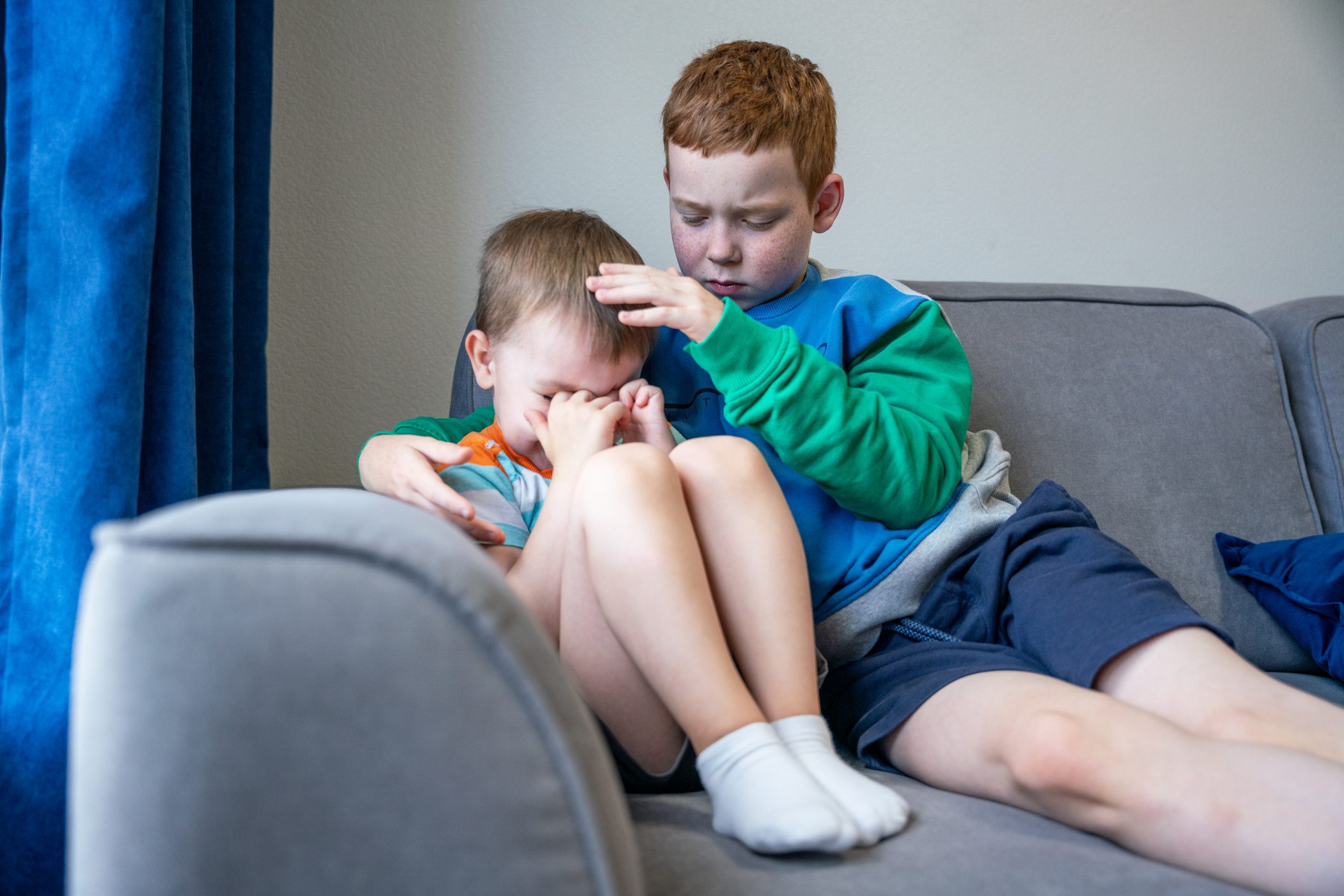A Supreme Court has been asked to rule on the testamentary validity of a video recording produced two years after probate had been granted for the last will of a deceased.
 Constance Besanko died at age 91 yrs in February 2014 survived by her three adult children Robert, Mandy and Joanne.
Constance Besanko died at age 91 yrs in February 2014 survived by her three adult children Robert, Mandy and Joanne.
Her estate comprised a Melbourne residence valued at $1.8 mil and $10k in other assets.
Probate of Constance’s last will dated November 1986 – which appointed Mandy as executor – was granted in November 2015.
Under that will, she left her personal chattels to the three children equally. Joanne was to receive a gift of $100k and the residue of the estate was expressed as being payable equally to Robert and Mandy.
Constance had lived at the Bates St, Malvern East residence – except for periods in 2013 in rehabilitation for treatment of Myeloma diagnosed in 2012 – until her death. Robert and his wife Barbara lived there with her.
In May 2016, Joanne and Robert filed applications for further provision out of Constance’s estate.
Both family provision claims were settled at the same mediation in December 2016 with Robert’s share of the estate being reduced in favour of Joanne to 37.5% of the net sale proceeds of the residence. He and Barbara also agreed to vacate the property by June 2017.
When Robert and Barbara did not leave by the date agreed, Mandy instituted proceedings to force their eviction. They eventually vacated in June 2019.
As those proceedings came to a close, Robert produced a video recording of Constance made in January 2014, just over a month before she died. The reason he gave for not producing the vision earlier was that he only understood its potential significance after hearing a radio broadcast concerning digital wills in October 2017.
Robert applied to the Supreme Court of Victoria to have the video ruled to be a valid informal will.
There, as is the case in Queensland, the court can admit an informal will if three conditions are satisfied:
- There is a “document”
- The document expresses the testamentary intentions of the deceased, and
- The document was intended by the deceased to be a Will
The court viewed the video which was conceded by all to be a “document”. A transcript of the recording is set out in the judgement.
Justice Kate McMillan ruled that the video did express Constance’s testamentary intentions. She also concluded from the context and from the recorded conversation taken as a whole, that the wishes she expressed were in contemplation of her death.
Her honour noted however that the recording lacked any clear statement by the testator– which decided cases specify is required(1) – that she intended it to be her will. Nor was there any statement made in the recording from which such an intention could be implied.
Rather, according to Justice McMillan, the statements of wishes were merely “precatory”, or made in preparation for the drafting of a formal will at a later date.
Her honour was also concerned that Robert appeared in the recording to be assisting Constance formulate her thoughts and that there were “problematic” gaps within it that suggested it had been edited.
All of this was enough to sink Robert’s case.
The court went on however to consider whether the deceased had the capacity to make a will at the time the video was created. Unlike those made in compliance with the formal requirements (in writing, signed by the testator in front of 2 independent witnesses), there is no presumption of legal capacity for informal wills.
Apparent confusion on Constance’s part during the recording gave rise – so ruled her honour – to a “serious question” over her legal capacity.
Mandy – who resided in Germany – visited in December 2012, August 2013, and January 2014 and had noted a significant physical and mental deterioration over that period. Joanne, who lived in Melbourne, made similar observations.
Given that evidence, her age and (poor) state of health – Justice McMillan was not satisfied that Constance had sufficient legal capacity to make any will at that time.
The question of whether the terms of the settlement reached 2 years earlier precluded Robert from making the application was left undecided.
The court deferred the question of legal costs for further submissions. It may be difficult for Robert to argue that he should not bear the costs of the proceedings.
(1)Re Estate of Wai Fun Chen [2015] NSWSC 1107, concerning a DVD recording; Radford v White [2018] QSC 306, concerning a video recording; Re estate of Carrigan (deceased [2018] QSC 206, concerning a voicemail recording; Re Estate Leslie Wayne Quinn (deceased) [2019] QSC 99, concerning a phone video recording.




